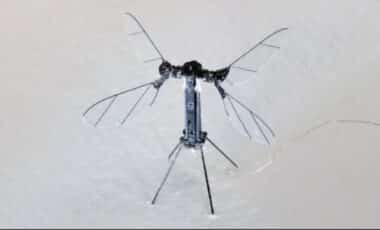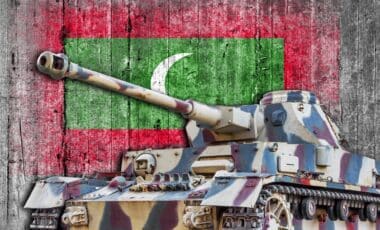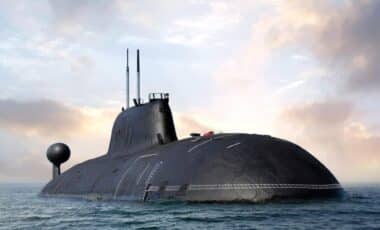A STORY OF NO GUNS, NO ENGINES, AND NO SECOND CHANCES“BROTHERHOOD OF THE FLYING COFFIN – – The Glider Pilots of World War II”, by ScottMcGaugh. Osprey Publishing/Bloomsbury Publishing Plc: 2023, 6 ½” x 9 ½”, 288 pages,hardcover; $30. Visit, www.ospreypublishing.com, E-mail: info@ospreypublishing.com.Reviewed and Highly Recommended by Don DeNeviPraises Flint Whitlock, editor of “WWII Quarterly” and author of “If Chaos Reigns: The Near-Disaster and Ultimate Triumph of the Allied Airborne Forces on D-Day”, “By focusing on ahandful of young, incredibly brave glider pilots, Scott McGaugh has brilliantly and poignantlypersonalized the real-life terror of what these boys faced when they flew into Normandy inlittle more than crates. But the title is wrong: coffins were built much better than these gliders.”Such is the much-deserved praise of military book-reviewers. Deserved because acclaimedjournalist and author Scott McGaugh has spent years trawling the archives to discover grippingglider pilot post-mission commentaries, critical analyses, oral histories, and memories. Here,the history of American glider pilots is finally told in 13 full chapters, each cogently narrated. Asuperlative Selected Bibliography, Glossary and 30 b & w photos, hitherto unseen in majorpublications, testify to Scott’s scholarship, which makes the book even more rare and worthy ofpurchase to add to the diversity of WWII subjects in one’s growing library. And, theIntroduction by incomparable General “Hap” Arnold, Commanding Officer United States AirForces is one of the most valuable, enriching this reviewer had read in the past decade. Hewrites, “Then, as quietly as they had penetrated enemy territory during the war, they blended
back into America to marry, start families, and become shopkeepers, college students,
electricians, teachers, etc., our grandfathers and great grandfathers. Yet the untold story ofthese heroes stands apart for their audacity, nerve, and accomplishment.”218 glider pilots were killed in combat, and 178 were killed in the line of duty outside ofcombat. “To the glider pilots. Conceived in error, suffering a long and painful period ofgestation, and finally delivered at the wrong place at the wrong time . . .”, Glider pilot MiltonDank, in a toast of surviving WWII glider pilots. Glider pilot Guy Gunter added, “we were abunch of wild men, I guess you might say. You had to be crazy to be a glider pilot. Or a little bit
on the nutty side, to get into something without an engine. But we were just doing our duty”.








